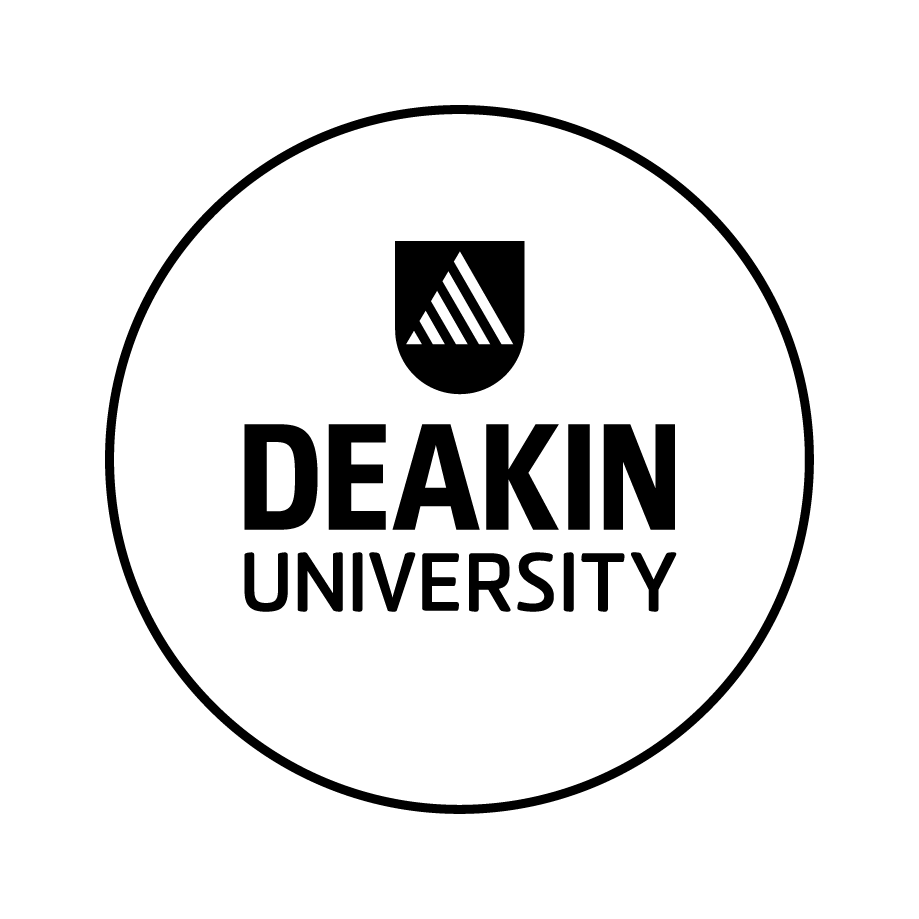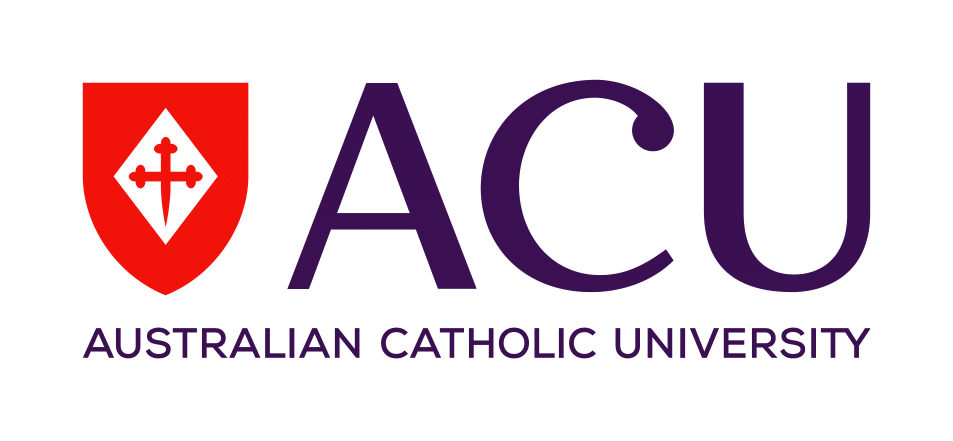Welcome to the 9th Symposium on Distributed Ledger Technology (SDLT)
Distributed Ledger Technology is an emerging technology, which provides the way to store and manage information in a distributed fashion. It enables the creation of decentralized crypto-currencies, smart contracts, eGovernance, supply chain management, eVoting etc over a network of computer systems without any human intervention. Unprecedented reliability and security over other cryptographic schemes has expanded the application domains of blockchain including financial services, real estate, stock exchange, identity management, supply chain, and Internet of Things.
The goal of this symposium is to provide a forum for researchers, business leaders and policy makers in this area to carefully analyse current systems or propose new solutions creating a scientific background for a solid development of innovative Distributed Ledger Technology (DLT) applications.
Keynote Speakers
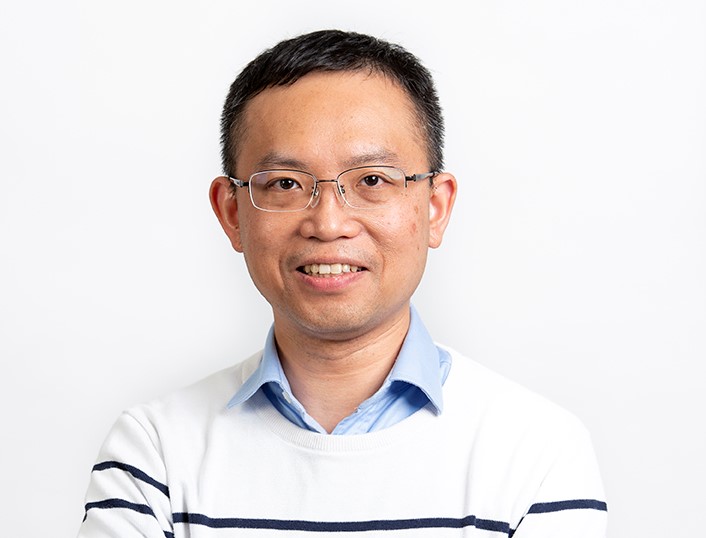
Joseph Liu, Professor, Monash University, Australia
Blockchain for Trust and Transparency: Transforming Agriculture and Education
Abstract. Blockchain technology is redefining the foundations of trust and transparency across diverse sectors, including agriculture and education. In this talk, I will explore how blockchain solutions are addressing critical challenges in these fields, fostering integrity, efficiency, and accountability. Drawing from key Australian Government initiatives, this talk will delve into three transformative projects: (1) Agriculture Supply Chain: Leveraging blockchain to enhance traceability and authenticity in agricultural supply chains, ensuring product integrity from farm to table. (2) Greenhouse Gas Monitoring: Employing blockchain to track and verify agricultural greenhouse gas emissions, supporting sustainability and compliance with environmental standards.(3) Education Credentials: Implementing blockchain to authenticate academic records and prevent credential fraud, safeguarding the value of education and empowering institutions globally. By sharing insights from real-world deployments, this talk aims to inspire further innovation and collaboration, showcasing blockchain’s pivotal role in shaping trustworthy digital ecosystems for the future.
Bio. Joseph Liu is a Full Professor in the Faculty of Information Technology, Monash University in Melbourne, Australia. He got his PhD from the Chinese University of Hong Kong in 2004. His research areas include cybersecurity, blockchain and applied cryptography. He has received more than 16000 citations, and his H-index is 72, with more than 200 publications in top venues such as CRYPTO, ACM CCS, IEEE S&P, NDSS. He has received more than US$10M funding, and he is currently the Director of the Monash Blockchain Technology Centre. He has been given the prestigious ICT Researcher of the Year 2018 Award by the Australian Computer Society (ACS) and has won the IEEE Technical Achievement Award in 2021 given by the Technology and Engineering Management Society for his achievement in the blockchain and cybersecurity domain. He has several patents and international standards from his research contributions to be adopted by the industry.

Tahiry Rabehaja, Principal Software Engineer, Risk Frontiers, Australia
From Blockchain to Parametric Insurance
Abstract. This presentation explores how blockchain technology, combined with formalised trust systems, can address real-world challenges, illustrated by an automated parametric insurance product design. The core issue lies in the reliance on noisy, incomplete, and potentially adversarial third-party data to trigger transactions, while participants expect accurate payouts, verifiable evidence trails, and accountability. While blockchain platforms offer foundational capabilities, native currency, smart contracts, append-only ledgers, and automated execution via oracles, they cannot inherently verify the validity or trustworthiness of external inputs. In parametric insurance, where such data dependency is unavoidable, coupling blockchain with a trust system is crucial. By binding oracles to “trust providers”, the solution mitigates third-party data risk and supports multiple sources of truth, stabilising event indices and payouts while retaining blockchain’s core benefits. Though demonstrated in a parametric insurance case study, this framework can be applied to other domains that benefit from trust-bound oracles, on-chain agreements, settlements, and auditable evidence.
Bio. Dr. Tahiry Rabehaja is the Principal Software Engineer at Risk Frontiers, an Australian company delivering quantitative natural catastrophe risk modelling for insurers, reinsurers, network service providers, emergency services, government agencies, and more. With a background in pure mathematics, he earned a joint PhD in Computer Science from Macquarie University (Australia) and The University of Sheffield (United Kingdom) in 2014. He previously worked as a researcher in information security at Macquarie University, focusing on theoretical computer science, quantitative information flow, blockchain applications, and trust systems, with results published in peer-reviewed journals and conferences. Since joining Risk Frontiers, he has led the design, implementation, and maintenance of the company’s software solutions, overseeing multiple high-profile product development initiatives. Alongside his engineering role, he remains active in research, exploring applications of blockchain to address real-world challenges, including those in the insurance industry.
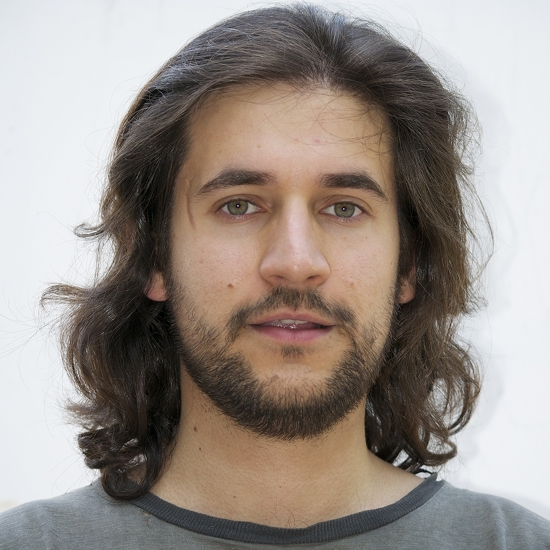
Damiano Di Francesco Maesa, University of Pisa, Italy
Fair Remuneration for AI Training Data: a Trustworthy Blockchain Approach
Abstract. The great interest and arguably historical changes that Large Language Models have seen recently have only been made possible by huge data collection campaigns required for models training. More than ever, the quality and quantity of training data is at the foundation of a model success. Yet, despite its undeniable importance, data is often collected with little to no regard for its protection by Intellectual Property rights. This has led to widespread aversion towards generated content amidst widespread lack of remuneration for IP owners. In this talk we showcase how a blockchain based solution for trustworthy IP remuneration, the ALPS system, can help amend this systemic issue. Indeed, smart contracts based computation can be leveraged to provide accountability and trustworthiness to such a timely and crucial scenario.
Bio. Damiano Di Francesco Maesa is a Tenure Track Senior Assistant Professor at the department of Computer Science of the University of Pisa, Italy. His past positions include College Research Associate at Clare College of the university of Cambridge, Research Associate at the Innovation and Intellectual Property Management Laboratory at the University of Cambridge, Research Associate at the Computer Lab of the University of Cambridge, Research Associate at King's college London, and Research Assistant at the Italian National Research Institute in Pisa, Italy. He has a PhD in Computer Science from the University of Pisa and specializes in the analysis and study of novel applications of blockchain and Distributed Ledger Technologies (DLT). Beside his academic contributions, he has held several guest lectures, seminars, and workshops to spread awareness on blockchain technology.
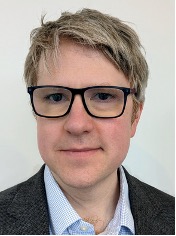
Chris Berg, RMIT University, Australia
Smart contracts as institutions to constrain chaotic robots
Abstract. The large language models that underpin the modern generation of artificial intelligence are not safe to use for most economically useful and valuable interactions with the world. Current AI models are inherently unpredictable. An instruction to an AI agent to send an email (Alice: “hello LLM, please send an email to Bob”) might send the email, but it might do something else too. This is the ‘economic alignment’ problem between the AI as an ‘agent’ and the human ‘principal’ who wants the LLM to interact in the world on their behalf. The answer we propose is smart contracts that can take LLM outputs and filter them as deterministic constraints. With smart contracts, LLMs can interact safely in the real world, and can unlock the vast economic opportunity of economically aligned and artificially intelligent agents.
Bio. Chris Berg is a Professor of Economics at RMIT University in Melbourne, Australia. He is one of Australia’s most prominent voices for free markets and individual liberty, and a leading global authority on regulation, technological change, and civil liberties. He is the author of twelve books, including The New Technologies of Freedom (American Institute for Economic Research, 2020), Understanding the Blockchain Economy (Edward Elgar, 2019), and The Libertarian Alternative (Melbourne University Press, 2016). He has published more than 30 peer reviewed papers including papers in Management Science, Research Policy, the Journal of Institutional Economics, the Australian Journal of Political Science, and Trends in Anaesthesia and Critical Care. He is deeply involved in public policy in Australia and globally. He has appeared in front of more than twenty government and parliamentary inquiries. His research has been cited in dozens of tabled Commonwealth parliamentary reports. He was a member of the Advisory and then Steering Committee of the Australian Government’s National Blockchain Roadmap between 2019 and 2022, and co-chaired the Roadmap’s working group into the use of blockchain for identity and credentials. He has given hundreds of talks around the world, in cities as diverse as Istanbul, Guatemala City, London, Florence, Ho Chi Minh City, Amsterdam, Barcelona, Prague, Seattle, San Francisco, Dallas, Malaka, Saskatoon, Port Moresby, Shenzhen, Taipei, and Auckland, as well as every Australian capital city. He was Co-Founder of the RMIT Blockchain Innovation Hub, the world’s first dedicated social science research centre studying blockchain technology.
Past Symposiums
1st SDLT (Jun 2017) 2nd SDLT (Jun 2018) 3rd SDLT (Nov 2018) 4th SDLT (Dec 2019)5th SDLT (Nov 2021) 6th SDLT (Nov 2022) 7th SDLT (Nov 2023) 8th SDLT (Nov 2024)

